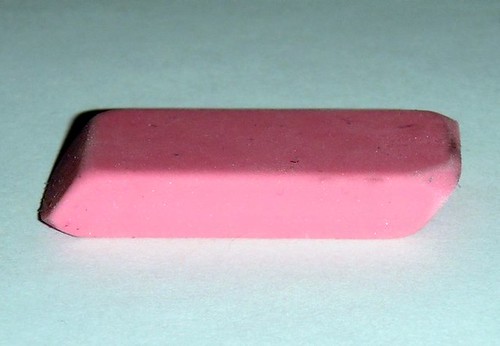An interesting story surfaced about a week ago, concerning an over-eager defense lawyer anxiously seeking to expunge not only governmental, but media archives, too, of potentially damaging information or previously published articles about a number of his clients.
As reported in an Associated Press story, it’s common practice that if criminal charges against an individual are dismissed, withdrawn or are no longer applicable (because, for example, a first-time offender has completed a rehabilitation program), all mention of those charges are deleted from public records and archives, clearing that person’s name and record. But Joseph Amendola, a zealous defense lawyer in State College, Pennsylvania, made news when he tried to take legal steps to get two local newspapers—The Centre Daily Times and The Daily Collegian, a student newspaper at Penn State University—to do the same.
Amendola’s claim was that the media’s First Amendment free speech rights shouldn’t trump his clients’ rights to have their names cleared. "What's the sense,” he argued, “in having your record expunged if anyone can Google you and it comes up." But local judges quickly disagreed, pointing out that newspaper articles are generally considered protected speech. But that fact doesn’t seem to be stopping private citizens who, in rising numbers, are asking that archived media stories be taken down, for fear that someone (current or potential future employers, for example) might find damaging information about them on the Internet.
Newspapers, however, are under no legal obligation to change information in their archives if they are factually correct. As Melissa Bevan Melewsky, a media law attorney for the Pennsylvania Newspaper Association noted, an expungement of court records doesn't mean the events in question never occurred. Robert D. Richards—professor of First Amendment studies at Penn State—put it even more succinctly in another online piece about the case: "You cannot ask a news organization to go back and erase history."
But that doesn’t that some people won’t keep on trying to do just that.
Produced by the Smithsonian Institution Archives. For copyright questions, please see the Terms of Use.



Leave a Comment